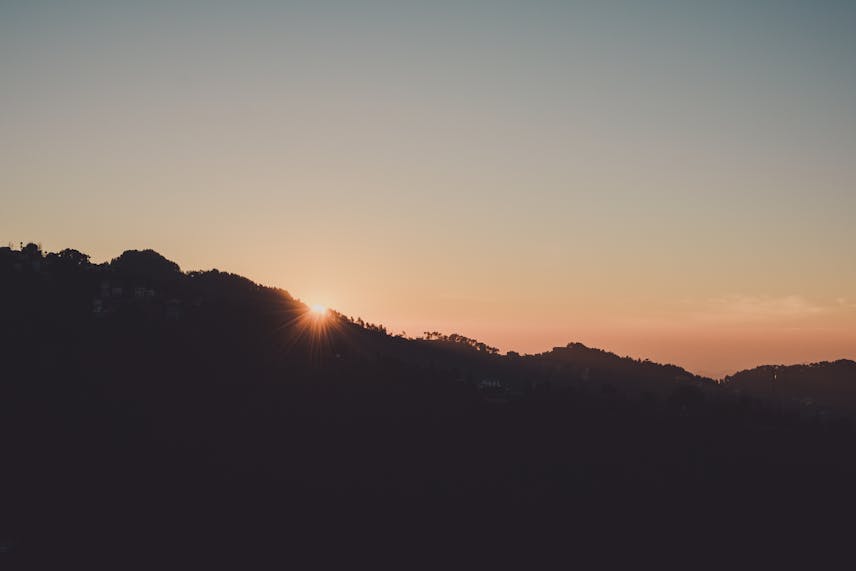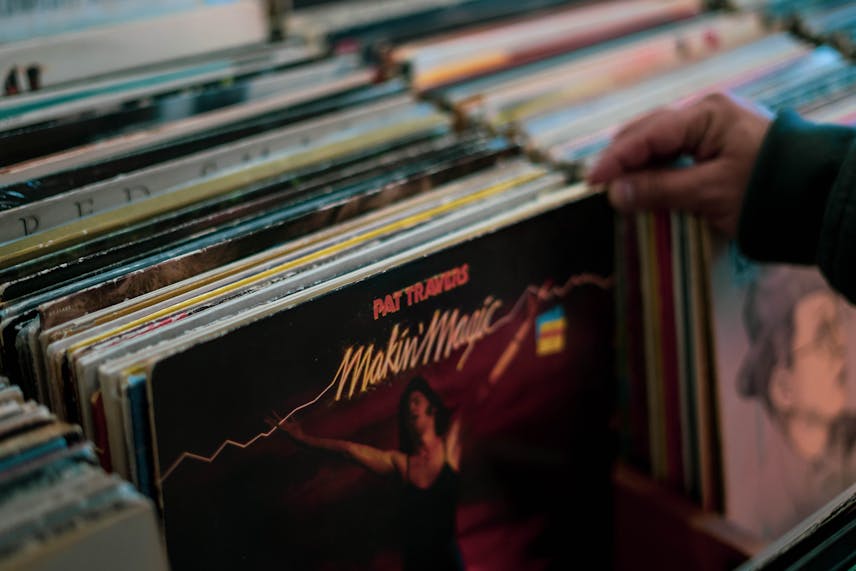When it comes to producing lofi music, understanding copyright is crucial to ensure that artists and producers are on the right side of the law. This genre, known for its mellow, nostalgic sounds, often samples from a myriad of sources, which can lead to legal complications if not handled correctly.
What is Copyright in Music?
Copyright is a form of intellectual property law that protects the rights of creators over their original works. This includes musical compositions, sound recordings, lyrics, and any associated artwork. When an artist or producer creates a piece of lofi music, they automatically hold copyright over their creation. However, the intricacies begin when samples from other copyrighted works are used.
The Role of Sampling in Lofi Music
Sampling is a cornerstone of lofi music production. Producers often incorporate segments of other songs, movie dialogues, or ambient sounds to create their unique tracks. While this is an artistic expression, it is also a legal minefield. To legally use a sample, you must obtain clearance from the copyright holder, which can be both time-consuming and costly.
Navigating Copyright with Original Creations
One way to avoid the legal issues surrounding sampling is to create original compositions. This involves producing all elements of the track from scratch or using royalty-free samples that are cleared for commercial use. Doing so grants the producer full control over their work and eliminates the risk of copyright infringement.
Understanding Fair Use in Lofi Music
Some producers may claim that their use of samples falls under ‘fair use.’ This legal doctrine allows limited use of copyrighted material without permission for purposes such as commentary, criticism, or parody. However, fair use is highly subjective and often determined on a case-by-case basis by courts, making it a risky defense for copyright infringement in lofi music production.
Licensing and Royalties in Lofi Music
When a lofi track is released commercially, there may be licensing fees and royalties involved, especially if it contains samples. Producers must ensure that they have the appropriate licenses in place and that any royalties due to the original artists are paid. This is not only fair to the original creators but also protects the lofi producer from potential lawsuits.
The Importance of Copyright Education for Lofi Artists
Education is paramount for lofi artists and producers. Understanding the basics of copyright law can save a great deal of time, money, and stress. There are many resources available online and through music rights organizations that can guide producers through the complexities of copyright in the music industry.
Collaboration and Copyright
Collaboration is another aspect of lofi music production that can raise copyright issues. When multiple artists work together, it is essential to have clear agreements about the ownership of the final product and how profits will be shared. These agreements should be put in writing to avoid any misunderstandings later on.
Copyright in lofi music production is a delicate balance between creativity and legality. By understanding and respecting the intellectual property rights of others, producers and artists can continue to innovate within this genre without fear of legal repercussions. As the lofi music scene grows, it’s increasingly important for those involved to be knowledgeable about the legal aspects of music production.


